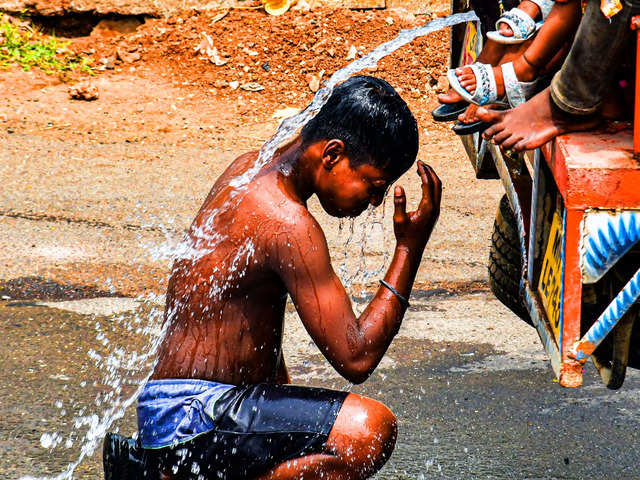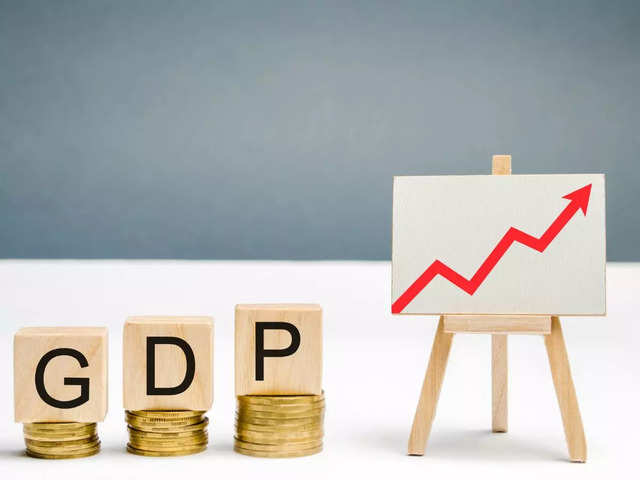
Ariel is urging men to be equal partners playing Equal roles. Because when we see equal, we #ShareTheLoad.
Feb 15, 2022, 18:20 IST
brands
Ariel's latest ad asks, "If men can share the load equally with other men, why are they not doing it with their wives?"
Feb 15, 2022, 18:20 IST
Ariel is urging men to be equal partners playing Equal roles. Because when we see equal, we #ShareTheLoad.
- Its 2022, and yet 83% women feel that men don’t see women as equal.
- Ariel's new #ShareTheLoad film See Equal aims to get men to think and introspect their actions at home.
During the lockdown, everyone got confined to their homes which transformed into offices, schools, playgrounds overnight. So many men took to household chores actively and proudly- be it cleaning, cooking or laundry. And while this trend faded as the pandemic eased out, it established that men are open to change and can take up chores when needed. Additionally, a new study by an independent third party revealed a startling fact - 73%* men agreed that they did their share of household chores when they were staying with other men or roommates. So, if men have taken responsibility of chores in the past, what stops them from doing this as partners?
Ariel's new film- See Equal raises this pertinent question to men. The reason for this disparity could be many but it was alarming to find that 80% women believe their partners know how to do household tasks but choose not to do them. The same men, who chose to take up household chores when living with other men, are not doing their share of work in the house with their wives. This ‘choice’ signaled a mindset issue arising from years of unconscious bias, and 83% women felt that men don’t see women as equal when it comes to housework. By raising a pertinent question – “if men can share the load equally with other men, why are they not doing it with their wives?” Ariel is reminding families, that true equality is only reflected when domestic chores are shared. Because when we SEE EQUAL, we SHARE THE LOAD!
The film is about a woman, who visits the neighbours with her husband. Looking at the two men go about their morning tasks in complete harmony and both contributing equally, she points this out to her husband. The man casually recollects how he used to split all chores back in the day with his college roommate. This incident, along with a few more, make the woman realise that she is not being seen and treated as an equal. After mulling over it, she takes a stand for herself and shares her realisation with her husband, demanding to be seen as an equal. This conversation makes the husband realise, who vouches to drop his bias and ShareTheLoad.
The film is fully reflective of the reality of today’s times. On one hand, the woman refuses to accept inequality in her marriage, and on the other, it depicts what men are capable of and how it is that they are changing. The neighbours in the film could be roommates, friends, brothers or in a relationship themselves, but irrespective of their relationship, they represent the men of today who are open to change. While there are many men who have started to do more, a lot of them even take up their full share of responsibilities within the home and ShareTheLoad equally. This is possible only when they See Equal.
An exciting panel came together to launch the 5th edition of #ShareTheLoad, comprising of Genelia and Ritesh Deshmukh – Actors, Producers, Entrepreneurs, Environmentalists, Dr. Nandita from Akshara Centre - an NGO whose vision to establish a gender just and violence free society, and works tirelessly towards it, Sharat Verma - Chief Marketing Officer, P&G India, and Vice President, Fabric Care, P&G India, Josy Paul - Chairman & Chief Creative Officer,
The vivacious Genelia said, “Not sharing the load, not seeing me as equal, would be a deal breaker. We Share the Load no matter what - be it with kitchen chores, parenting or laundry. There is nothing like his job or my job. It’s a world we have built, and we are in it together forever. I believe if you really love your spouse and see her as an equal, there is no reason why you won’t divide the chores or any tasks equally. I am so glad to see a brand like Ariel continuing to push for domestic equality and unearth such compelling insights that are sure to create conversations and action”
Supporting the #ShareTheLoad movement, actor Riteish Deshmukh said, “Ariel’s #SeeEqual film is an eye opener for most men including me. While I have always tried to be Genelia’s best friend and her constant support, we men do at times tend to overlook piled-up laundry or a sink full of dirty utensils. This film is a reminder to be more conscious and aware, and deliberately try to overcome our conditioned mindsets. Share The Load should be a norm not an exception. Since change begins at home, I urge all everyone to treat their partners with equality and respect and most importantly See them as EQUAL. Because only when we See Equal, we ShareTheLoad equally.”
“With Ariel #ShareTheLoad, we strive to trigger meaningful conversations that will help drive positive change. With #See Equal, we want to address years of unconscious bias and conditioning, which may be coming in the way of us all sharing the load. A recent World Economic Forum report claims that at the current pace of change, gender parity is still 135 years away! That is far too long for us to wait for something that comes naturally for men when they interact with each other. Interestingly, over 73% married men agreed that they did their share of household chores when they lived with other men. However, even now in urban India, less that 25 percent of households claim that men share the load equally. This year’s communication is based on this simple insight - when men can ShareTheLoad equally with other men, then why not with their wives? Because we know when we #SeeEqual, we #ShareTheLoad” said Sharat Verma, Chief Marketing Officer, P&G India, and Vice President, Fabric Care, P&G India.
“We’ve taken a slightly different track in the latest film for Ariel #ShareTheLoad. There is a definite shift in the tonality. This time, it’s the woman who speaks for herself. It is the woman speaking her mind and sharing her point of view. The film is fully reflective of the reality of today’s times, where the woman refuses to accept inequality in her marriage. Research confirmed this. 88% women believe it is time to talk to men about doing their share of the household work equally. There is a sense of restlessness, an impatience in the women today at the pace of change. So, this film is also a means to encourage conversations so as to truly move us towards an equal tomorrow.” said Josy Paul, Chairman & Chief Creative Officer, BBDO India.
INSIDER INTELLIGENCE REPORTS







